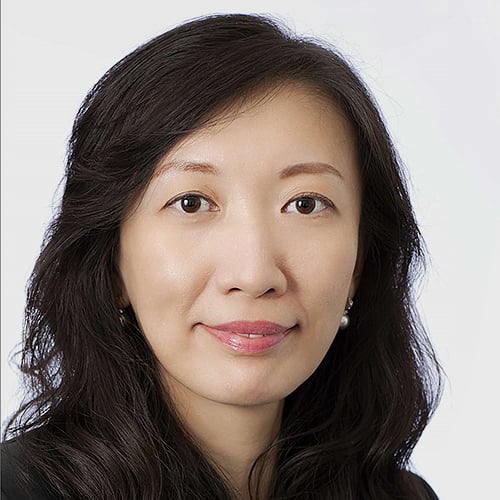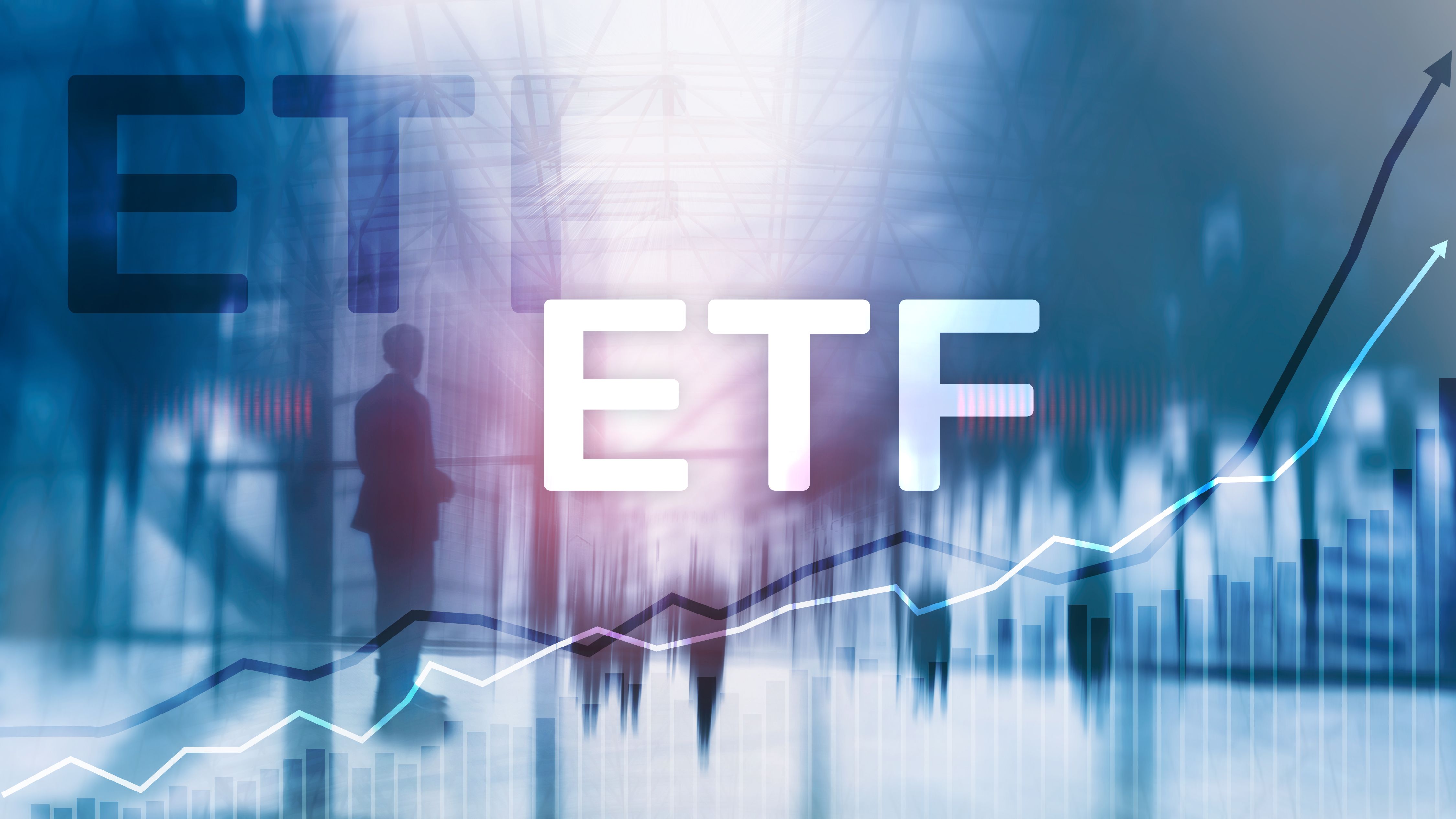During times of disruption it can be expedient to be tactical and strategic. Crises can also provide a significant reminder on the need for good planning. And, family offices, unlike some other more cumbersome financial institutions, have the advantage of being dexterous and efficient, a key capability for investors in the turbulence of 2020.
The Asset recently spoke with two Singapore-based family office groups – Golden Equator Wealth and Maitri Asset Management – about how they have managed their way through the Covid-19 pandemic, what they have learned, and which themes have emerged.
Gary Tiernan, managing partner at Golden Equator Wealth, believes there is no doubt that well-run multi-family offices (MFOs) and single-family offices typically have clear decision-making processes and responsibilities that allow for quick decisions when required.
“From an investment perspective, the short lines of decision-making responsibility made it easier to execute buying decisions in March when volatility was so large that slow action could have had a high opportunity cost,” Tiernan says. “The sense of responsibility for client family wealth sharpens the focus on doing the right things to steward and grow that wealth.”
During the pandemic, according to Manish Tibrewal, chief executive officer at Maitri Asset Management, originally the family office of the Tolaram Group, running their own family office and investments proved to be significant in terms of decision-making and responsiveness. “As a family office focused on patient capital and applying a sustainable lens to our investments, maintaining a long-term view and looking past near-term volatility allowed us to remain agile and weather the weakened economy and unpredictability of much of the past year.”
The UBS Global Family Office Report 2020, published in July, notes that family offices acted differently during the early days of the pandemic by taking an institutional approach. They applied detailed asset allocation tactics and thorough investment processes while remaining disciplined.
“Yet family offices also embrace and manage risk like no other investor,” points out Josef Stadler, head of UBS’s global family office group. “It is missing an opportunity that gives these clients the biggest headache, not making a loss. This is why they are looking to deploy cash to take advantage of market dislocations. We expect to see big moves in the coming months.”
Opportunities in the new normal
Following the massive stimulus packages and due to a sheer lack of alternatives, Ankit Khandelwal, chief investment officer at Maitri, believes that equities are set to outperform in the long run. “We expect to see continued flows into technology and healthcare, as well as several of their sub-sectors. For example, telecommuting is fast becoming the new norm in the post-Covid-19 landscape, which we see leading to explosive growth in cloud computing companies.”
Social media, according to Khandelwal, presents interesting opportunities as physical and social distancing become standard practice and continue to drive consumers’ digital engagement. And with countries and companies striving to gain a technological edge, he sees compelling investment opportunities across the spectrum of 5G development.
“Cybersecurity is another sector that will experience a growth in demand as the world gets increasingly interconnected,” he adds. “And, at the country level, we continue to favour US and China for their unmatched policy firepower and robust technological innovation. In addition, nutrition and wellness should continue to do well as consumers continue to drive demand for more health-conscious options and offerings.”
While Tiernan’s group reduced some equity exposure in the US early in the year, it increased exposure during the sharp falls in March, particularly in selective technology and the S&P 500. It also increased exposure to gold, gold mining stocks, and, later, to silver mining stocks, and held onto exposure in China, benefitting from some small cap – and larger name – exposure.
“In mid-year, we started to add exposure to European equities and maintained reasonable amounts of cash throughout the period,” Tiernan shares. “Whilst overall, our equity exposure was lower than historical averages, our focused exposure in technology, China and selectively in Europe has helped to deliver strong returns.”
ESG lens on investments
Prior to the pandemic, social impact and environmental, social and governance (ESG) investing were gaining critical mass – with family offices in Asia among the active investors – and the Covid-19 predicament has renewed the focus on these issues.
Maitri, according to Edris Boey, the firm’s ESG practice lead, was already committed to ESG before the pandemic’s breakout. As a long-term investor, Maitri, Boey notes, continues to take a balanced approach in assessing the E and S factors of ESG, which can often seem at odds. Matri applies an ESG lens to all investments in their Sustainable M.A.R.S Fund to gain a holistic view of the material environmental and social issues that a company and its sector faces.
“After Covid-19 was officially declared a pandemic, we introduced an additional five-point criteria to our ESG lens, allowing us to evaluate more positively companies that maintain employment, provide paid leave to employees affected by Covid-19, keep up good relationships with customers and suppliers, prioritize the health and safety of their key stakeholders, and practice financial prudence,” she says. “While it is uncertain when the world will be lifted out of this pandemic, the devastating impact it has already left is clear, and the climate-related risks we are facing still remain.
“As Asia’s financial regulators continue to push for climate finance to be mainstreamed, investors should expect sustainable finance and ESG investing to play a large part in the new normal as an expanded range of perspectives must now be applied to investments to identify the more likely survivors in the increasingly complex environment.”
The investment philosophy at Golden Equator Wealth, Tiernan says, targets holdings that maximise financial returns based on good governance and have the strategic intent of creating a positive impact on the community and environment. “Our own strong performance this year supports the thesis that this approach works.”
But Tiernan is cautious, pointing out that while there has been evidence that funds that have an ESG moniker have outperformed the broader market this year, some of these performances have come from large US technology names, and there are valid questions around how appropriate it is to consider some of these as ESG investments. “Nevertheless,” he notes, “it is fair to say that the performance of sustainability-focused investing has debunked the old-fashioned view that such an approach would sacrifice returns.”
Undeniably, the global pandemic has brought health and families sharply into focus, including issues related to succession planning and whether the pandemic has delayed the next generation stepping up. Tiernan’s MFO, he notes, has a strong focus on next-generation development, including running programmes for younger family members, but, he adds, decision-making processes differ from family to family.
“From a broader succession and legacy planning perspective, while there are often well-worn excuses for why these should be dealt with later, the pandemic serves as a grave reminder that the choice of timing is not always in the hands of a family," he shares. “Hence, we have indeed had more conversations with potential clients on that front.”
“Our family office is fully professionalized and has robust governance structures in place,” Maitri’s Tibrewal says. “Younger family members may join, depending on their qualifications, experience and interest, but the pandemic has not changed our governance or induction process.”









